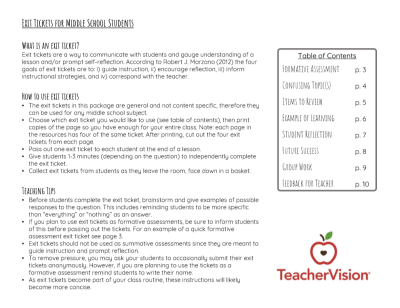Having relied on its relationship with its ally – the Soviet Union – for economic trade and support, Cuba experienced a severe economic depression following the collapse of the Soviet system. In response, it eased many economic practices. In 1991, all references to Marxism and Leninism were removed from the Cuban constitution. In 1993, new laws were passed that allowed Cubans to own U.S. dollars, be self-employed, and open farmer's markets. In 1996, foreign companies were allowed to operate and own businesses and purchase real estate in Cuba.
U.S. Embargo
Since 1962, the United States has had an embargo against Cuba, preventing food and medicine (among other goods) to be traded between the two nations. The intent of the embargo has been to make life economically difficult on Cubans, compelling them to rise up against Castro and demand democracy. In 1996, the Helms-Burton Act was signed into law, permitting lawsuits against foreign companies that invest in Cuba. The effect has been to hamper growth and investment in Cuba. The United Nations, along with American allies such as Canada and Mexico, have called for repeal of Helms-Burton.
Cuban Human Rights
Amnesty International, a leading human rights watchdog group, often cites in its annual report of worldwide human rights violations Cuba's practice of holding prisoners of conscience. There are approximately 500 such prisoners being held for opposition to Cuba's present leadership or for attempting to organize political opposition. When Pope John Paul II visited the island in January 1998, he condemned the Cuban government's human rights record, but he also criticized the U.S. government's embargo.
Immigration Issues
Other Resources
U.S. State Department Page on U.S.-Cuba Relations
http://www.state.gov/www/regions/wha/cuba/policy.html
Lonely Planet: Destination Cuba
http://www.lonelyplanet.com/destinations/caribbean/cuba/
Global Exchange: History of the U.S. Blockade of Cuba
http://www.globalexchange.org/campaigns/cuba/background/history.html



